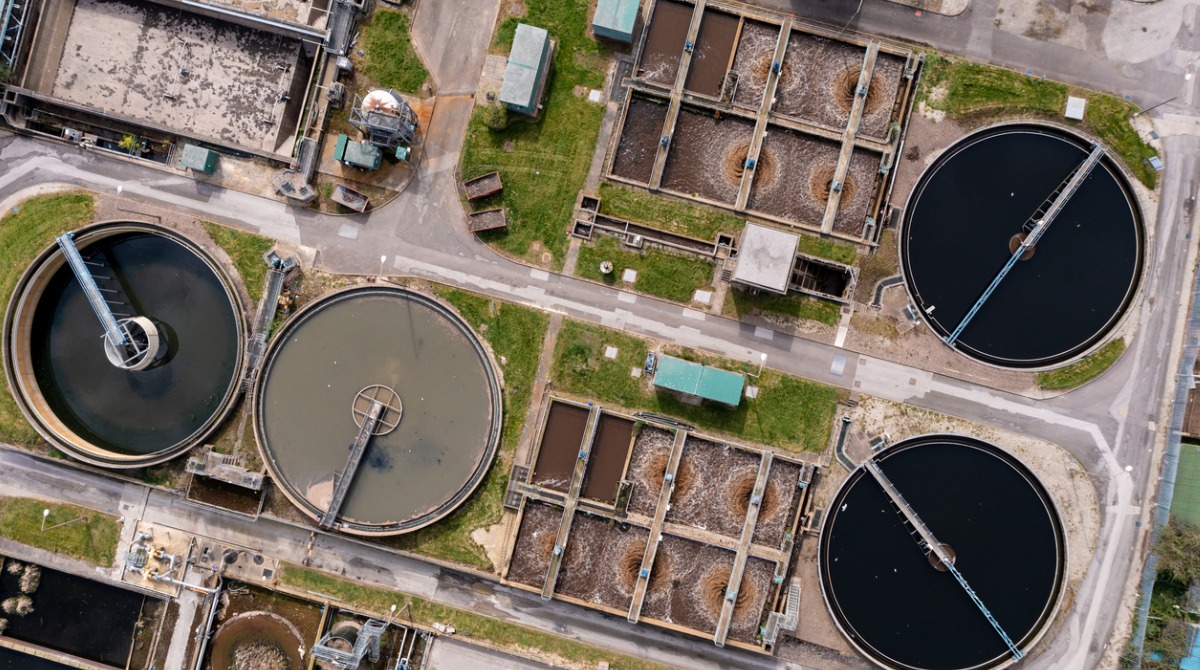
The City of Ottawa's Environment and Climate Change Committee, in a proactive stance towards environmental sustainability and infrastructure resilience, has approved its segment of the Draft Budget 2024. This budget is a significant leap toward creating a green and resilient city. It focuses on extreme weather preparedness, greenhouse gas emissions reduction, and the protection of vital natural resources.
Investing in Climate Change Mitigation and Resilience
A central element of this budget is the ongoing commitment of $5 million annually to the Climate Change Master Plan. This fund is crucial in reinforcing Ottawa's efforts to curtail greenhouse gas emissions and bolster climate resilience. This base funding is a part of a broader investment, exceeding $278 million, designated for environmental priorities and climate change objectives across the city.
Key Investments for Climate Resilience
Investments that will strengthen Ottawa's resilience to climate impacts include the following:
- Enhancing Wastewater Treatment Facilities: A significant $21.7 million is allocated to improve the resilience of the Robert O. Pickard Environmental Centre against power outages.
- Wet Weather Flow Management: With a $3 million investment, the city aims to mitigate flood risks through a comprehensive approach to managing wet weather flows.
- Energy Conservation in City Facilities: An investment of $3 million will be used to implement energy-saving measures across various city facilities.
- Tree Planting Initiative: An allocation of $1.7 million for tree planting will not only enhance the city's green cover but also contribute to the overall environmental health.
Capital Investments in Water and Waste Infrastructure
The draft budget earmarks $252.7 million for the city’s vital water, wastewater, and stormwater infrastructure. This includes:
- $77 million for maintaining quality drinking water and renewing water purification plants.
- $81 million aimed at the safe conveyance and treatment of wastewater, including the renewal of pumping stations.
- $66 million for effective stormwater management and the renewal of drainage culverts.
Sustainable Waste Management Strategies
Ottawa continues to prioritize sustainable waste management with:
- $4.5 million for the Solid Waste Master Plan.
- $28 million for operational improvements at the Trail Waste Facility landfill, including an expansion of its gas collection system.
The Draft Solid Waste Master Plan outlines actions to manage waste sustainably over the next 30 years, extending the Trail Road landfill's life by approximately 14 years. These actions focus on reducing, reusing, and recycling waste, diverting 30% of waste to private landfills, and expanding the landfill within its existing footprint. Additionally, the plan proposes banning industrial and commercial waste from the landfill.
Exploring Long-Term Waste Management Solutions
The City is considering innovative solutions like anaerobic digestion for organic waste, waste-to-energy incineration, and mixed waste processing. A third round of public engagement will soon commence to develop the final waste plan, set for Council review in Q2 2024.
Landfill Expansion and Environmental Assessment
To ensure uninterrupted waste management, the Committee approved starting the environmental assessment for the landfill expansion within existing property boundaries. This process, which could take 10-15 years, is crucial for Ottawa's long-term waste disposal planning.
Enhanced Tree Protection and Water Service Billing Reforms
The Committee's amendment to the Tree Protection By-law is a significant step towards urban forest conservation, requiring permits for removing trees of 30 centimeters diameter in suburban areas, aligning with the inner urban area's regulations. Additionally, the Committee approved principles and a framework for reviewing the water, wastewater, and stormwater rate structure. This initiative aims at a more equitable, transparent, and efficient billing system, with a focus on impervious surface areas impacting stormwater runoff. Public consultations and stakeholder engagements are planned before finalizing the revised rate structure by Q2 2025.
Conclusion: A Call to Action
Ottawa's Draft Budget 2024 sets a precedent for cities aiming for environmental sustainability and infrastructure resilience. It's a call to action for other municipalities to follow suit, ensuring a greener, more sustainable future. By prioritizing climate change mitigation, sustainable waste management, and equitable utility billing, Ottawa is paving the way for a resilient and environmentally conscious urban future.
Posted by Judy Lamelza







